Yet again, the United Nations Security Council has voted unanimously for a resolution imposing the toughest-ever sanctions on North Korea. This round, responding to North Korea’s test of what Pyongyang claimed was a hydrogen bomb, goes by the label of Resolution 2375, and marks the ninth time over the past 11 years that the UN Security Council — voting unanimously — has approved new sanctions in response to North Korean nuclear and missile tests.
Each round has been tougher than the last. In March, 2016 for instance, following North Korea’s fourth nuclear test, the UN passed Resolution 2270, which former Ambassador Samantha Power described as “so much tougher than any prior North Korea resolution.” Less than nine months later, following North Korea’s fifth nuclear test, came UN Resolution 2321, hailed by CNN as “Toughest UN sanctions yet… .”
You get the idea. This parade of tough-tougher-toughest and tougher-than-toughest UN sanctions has been going on since the UN Security Council in 2006, following North Korea’s first nuclear test, unanimously approved Resolution 1718, imposing sanctions that President Bush described at the time as “swift and tough.”
I’m all in favor of being ultra-tough on North Korea (make that mega-ultra-jumbo-tough, even better). This latest round aims to constrict North Korea’s oil supply, ban its textile imports, curtail its smuggling and end its revenues from joint ventures and laborers working abroad. That’s on top of the web of previous strictures.
But by now one might begin to suspect that sanctions, however tough, are not going to stop Kim Jong Un’s nuclear missile program. It’s a bad sign that these UN resolutions, which routinely begin by listing the relevant previous resolutions, have now achieved a degree of layering that resembles portions of such monstrosities as the Affordable Care Act. The UN has not yet posted the full text of this latest resolution, #2375. But a reasonable proxy can be found in the prior resolution, passed on August 5. Just add one more layer:
“Recalling its previous relevant resolutions, including resolution 825 (1993), resolution 1540 (2004), resolution 1695 (2006), resolution 1718 (2006), resolution 1874 (2009), resolution 1887 (2009), resolution 2087 (2013), resolution 2094 (2013), resolution 2270 (2016), resolution 2321 (2016), and resolution 2356 (2017), as well as the statements of its President of 6 October 2006 (S/PRST/2006/41), 13 April 2009 (S/PRST/2009/7) and 16 April 2012 (S/PRST/2012/13),”
There are two basic problems here.
The first problem is that sanctions are not an airtight proposition. They are more like a sieve than an impermeable barrier. They leak. They erode. For sanctions violators, part of the game is to set up new fronts and devise new deceptions; part is to wait until the immediate crisis passes, and enforcement starts to flag. North Korea has long experience at evading and adapting to sanctions. So do its chief patrons, Russia and China. So does its partner-in-proliferation, Iran, and Iran’s mascot, Syria.
And whatever the reach and coercive financial power of the mighty U.S., it has not sufficed to date to persuade scores of UN member states to comply with the list of sanctions above. The UN fields a Panel of Experts on North Korea sanctions who have been turning in terrific, regular and hefty reports on compliance — or lack of compliance — by UN member states.
Three years ago, in their 2014 report, these experts noted that the problem was not lack of sanctions measures, but lack of compliance:
“At the present time, the Panel does not see new measures as necessary in order to further slow the prohibited programmes of the Democratic People’s Republic of Korea, to dissuade it from engaging in proliferation activities or to halt its trade in arms and related materiel. Rather, the Panel believes that Member States already have at their disposal adequate tools.”
The UN requires its member states to submit “implementation reports” on how they plan to comply with UN sanctions. Out of the UN’s 193 member states, scores of countries simply don’t do it. Just last week, in an interim report dated Sept. 5, the UN Panel of Experts noted that for the two sanctions resolutions passed last year, the number of non-reporting states remains “significant” — as in, roughly half the UN membership.
Of course, even when countries do submit their implementation reports, that’s no guarantee that North Korea will be deprived of goods for its proliferation programs. For instance, while China has dutifully been filing the required reports to the UN, the Panel of Experts, in their Sept. 5 report, mentioned that North Korea’s military parade this past April included missiles transported on three-axle trucks that had a Chinese manufacturer’s logo on the fuel tank.
In response to the Panel, Chinese authorities provided an array of comments. They posited that such trucks, exported from 2010-2014, were “not under embargo of the Security Council.” They said the exporter and manufacturer of the trucks could not be identified, due to lack of “Vehicle Identification Number and other relevant information.” And they noted that the sales contract “requested explicitly ‘the buyer to ensure the civilian use of the trucks and comply with concerned provisions of Chinese laws and Security Council resolutions.’ ”
Ummm…is that supposed to be reassuring?
For North Korea, yet more sanctions might indeed raise the cost of provisioning its nuclear missile program, and shrink the resources available — at least until the regime finds new ways to adapt. But North Korea’s regime has an unswerving record of placing its military and weapons programs above the needs of North Korea’s people. It’s highly unlikely that UN Security Council Resolution 2375 will persuade Kim to abjure ICBMs and hydrogen bombs, in favor of allocating resources to cold and hungry North Koreans.
Which brings us to the second big problem with these UN resolutions. They all aim, quite explicitly, to bring North Korea back to the bargaining table. This is an idea all too prevalent in Washington as well. In testimony on North Korea to the Senate Banking Committee last week, former Acting Secretary of the Treasury Adam Szubin summed it up, saying that sanctions “are meant to incentivize behavioral change.”
Dream on. If North Korea’s regime does come to the bargaining table, that might look like a change in behavior. But everything in the record by now should be telling us that North Korea won’t be coming to relinquish its nuclear missile program. It will be coming to cash in, again, on the illusions of American diplomats. It will be coming to cash in, yet again, on the blinkered expertise of a host of former U.S. officials now treated as sages of North Korea policy because they were intimately involved in nuclear deals… that failed.
Those bargains, and attempted bargains, stretching back to 1994, helped pave the way to the current crisis of nuclear bombs and intercontinental ballistic missiles in the hands of a totalitarian North Korean regime that threatens and mocks the U.S., aspires to subjugate South Korea, is pushing East Asia toward a nuclear arms race, and doubles as a rogue munitions merchant to the world’s worst predators.
On paper, Resolution 2375 might sound like a formula for success, or at least a good move in that direction. Slather more sanctions — the toughest yet! — on North Korea, and hope it leads to a deal. There will now be a new round of Washington conferences, and Op-eds, and reports, and testimony, dissecting and embellishing on the latest sanctions and, when these toughest-ever sanctions turn out to be inadequate to stop Kim’s nuclear projects, recommending yet more sanctions. In Washington, it’s become an industry unto itself — expanding in tandem with North Korea’s flourishing nuclear program.
Unless the real mission behind these sanctions is to help achieve the only real remedy — which is to take down the Pyongyang regime (not bargain with it) — then beware.

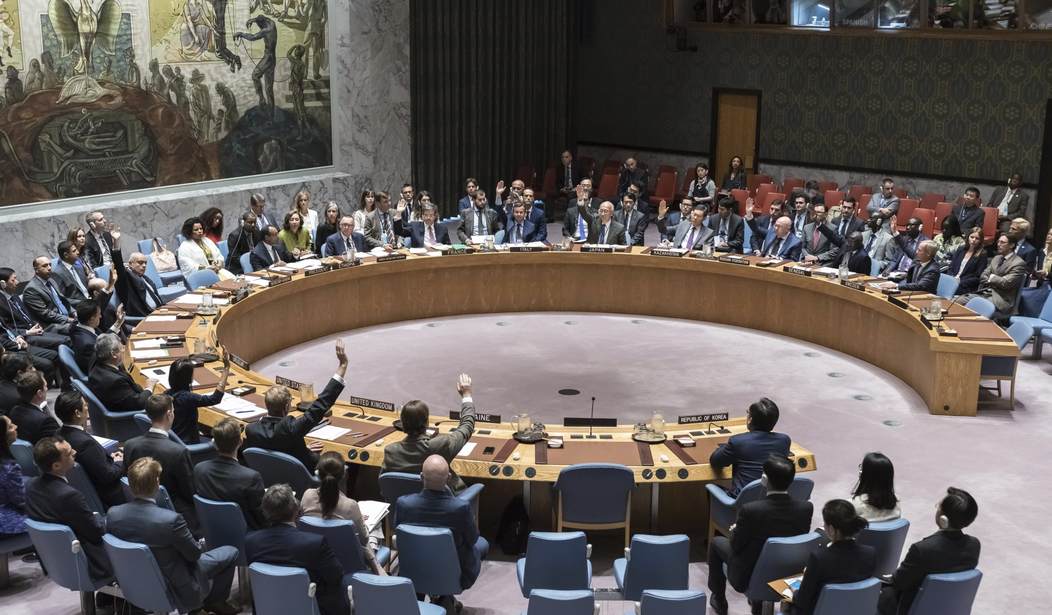

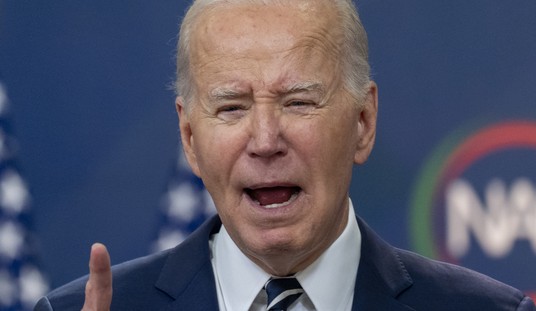
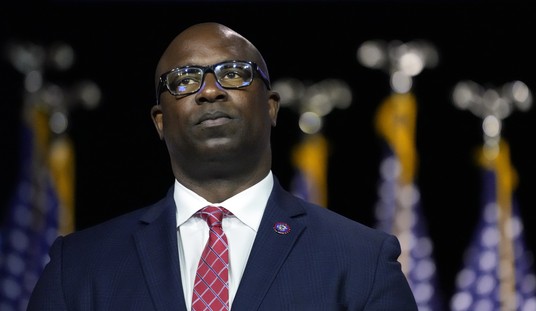
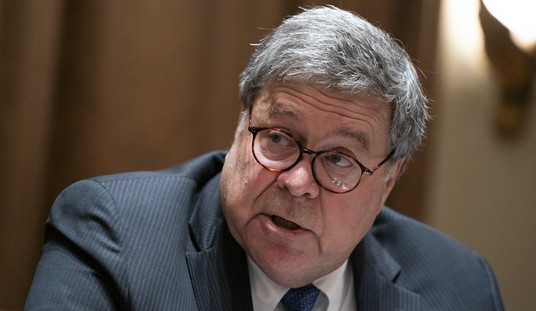

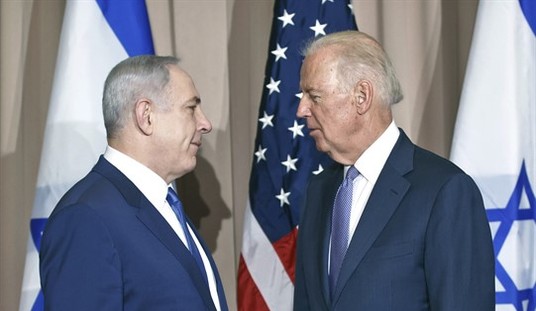
Join the conversation as a VIP Member